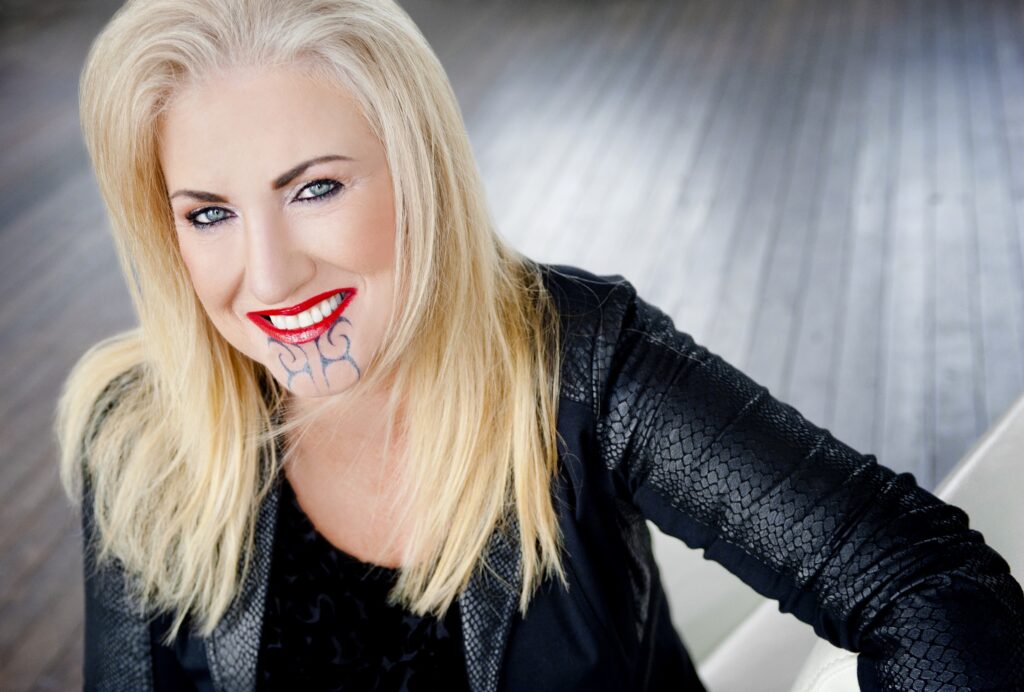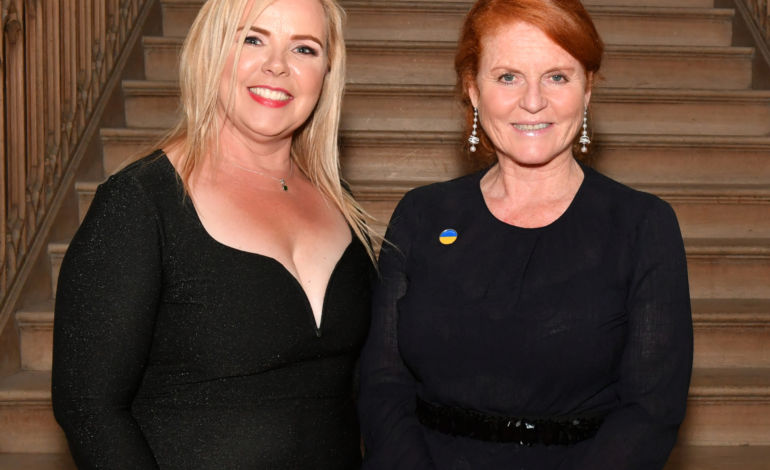by Sally Anderson
Mental Health Is A Taboo Subject At Executive Level
Mental health awareness has reached an inflection point! People are more and more reluctant to reveal they have a mental illness. Mental illness still faces a persistent social taboo mainly due to it not being safe to talk about in the workplace. Despite the fact that over 200 million workdays are lost due to mental health conditions each year ($16.8 billion in employee productivity), mental health remains a taboo subject. In fact, almost 60% of employees have never spoken to anyone at work about their mental health status.
Mental illness in the workplace at best is addressed on average as a compliance issue, where they feel as though they have to be seen to be doing ‘something’, yet not fully embraced as a key mission critical strategy within your organization.

Stigmatization Exists
My article however is focused not on the employee but on those in senior leadership roles. Ever notice how mental health is palatable to talk about in the workplace at an employee level but NEVER in the context of Senior Executive Leadership? Stigmatization exists.
No one can sustain the superhuman expectations placed on them from EVERY quarter ESPECIALLY not our most senior leaders. Yet day in and day out the expectation remains.
Leaders, especially, are hurting right now. Houston we have problem no one wishes to acknowledge! There is a need to bring more dialogue, support, and empathy, along with breakthrough initiatives to support leaders (at the highest level) not only navigate through but dominate and thrive despite uncertainty to achieve unprecedented ‘sustainable’ RESULTS.
As the landscape changes, so too should the terrain. The irony, social distancing globally due to the Covid 19 pandemic has created more connection/association in ways that one could never have imagined. Leaders pre-covid who were unwilling to grow, evolve, change before are now being forced to change. A high percentage, however, are unfamiliar with the terrain of ‘uncertainty’. We will not be returning to what was, nor will we be able to navigate the future using traditional linear leadership practices.
Rise of Imposter Syndrome
Why is more not being done in this arena – we may have had a viral pandemic but we also have an urgent pandemic of a different nature going on ‘an unspoken, unacknowledged issue of grave repercussions that if not addressed will impact the stability of the leadership landscape globally!’
It begs the question – who do high level leaders talk to in their quiet moments? READ ON…

Excerpt from Forbes Magazine: Linkedin Research Reveals Rise Of Executive Imposter Syndrome by Benjamin Laker onforwarded to me by Kim Adele Platt/Executive Coach UK
Leaders are used to being ‘in control’. Based on new research from Linkedin, the world’s largest professional network, reveals how C-level executives have navigated their organizations through the global pandemic, with more than two thirds (69%) finding it THE MOST challenging experience of their career.
Many have had to make difficult decisions regarding the future of their business and workforce, with nearly a third (32%) having to make employees redundant, (42%) asking workers to take a pay cut, and in the case of the UK, (62%) of leaders putting staff on furlough. The findings demonstrate the significant challenges business leaders have faced due to the pandemic.
One of the biggest challenges the majority (72%) of leaders across Europe have struggled with is not having all the answers, with over half (52%) at times doubting their ability to lead. A third say they have to rely on gut instinct/softer skills to make decisions and almost three quarters (74%) have to put on a cheerful face even though they do not feel optimistic about business performance.
Over half (58%) have also found leading ‘virtually’ challenging. Over half (56%) of leaders say the global pandemic has harmed their mental health, with (37%) finding it difficult to switch off from work and (41%) experiencing higher stress levels. A quarter say they have experienced ‘imposter syndrome’ during this period.
Under the weight of increased scrutiny and heightened expectation leaders are expected to perform supernaturally with NO or limited support. They have to be the strong hold for their wives, husbands, significant others, their children, their stakeholders, their employees, their executive, their direct reports, their shareholders, themselves.

I do not know about you but these statistics speak for themselves. Something needs to be done to support those in the highest positions, our CEO’s, our C-suite Executives, our Politicians, our Global Influencers and I for one am committed to partner with these leaders through the terrain of ‘uncertainty’ to move from surviving to thriving and making this experience be one of the most transformative in their lives.
Leaders deserve to be supported. They want a higher level of discretion given who they are and rightly so given what they have to manage on a day to day basis. There are a lot of little boys, little girls leading businesses, economies and countries who are yet to do the ‘deep work’. Gone are the days where leaders say, can you just come in and ‘fix my people’, ?????. We have new world problems on our door step and some yet to be identified and unless we evolve the consciousness of those who lead we will not find the solutions required to circumvent what is coming.

Sally Anderson
Sally Anderson is a visionary at the forefront of ‘sustainable’, human and organisational transformation
Sally has privately coached key influencers nationally and internationally for over 20 years: CEO’s, politicians, global influencers, visionaries, celebrities, millionaires, billionaires. Those looking for ‘sustainable’ leading edge performance.
Sally’s unique personal perspectives, traumatic history and eventual mastery as a transformational coach provides a rare combination of talents. This laid the foundation for a vocation to help others achieve a similar transcendence. As a result, Sally has a sound knowledge base for her philosophy and teachings and their application in the personal and professional realm.
Her determination to regain her life from the most dehumanising experience imaginable, to dedicating her life to helping others has shaped her personal development and destiny to become one of the most pre-eminent speakers and transformation coaches we have seen.





